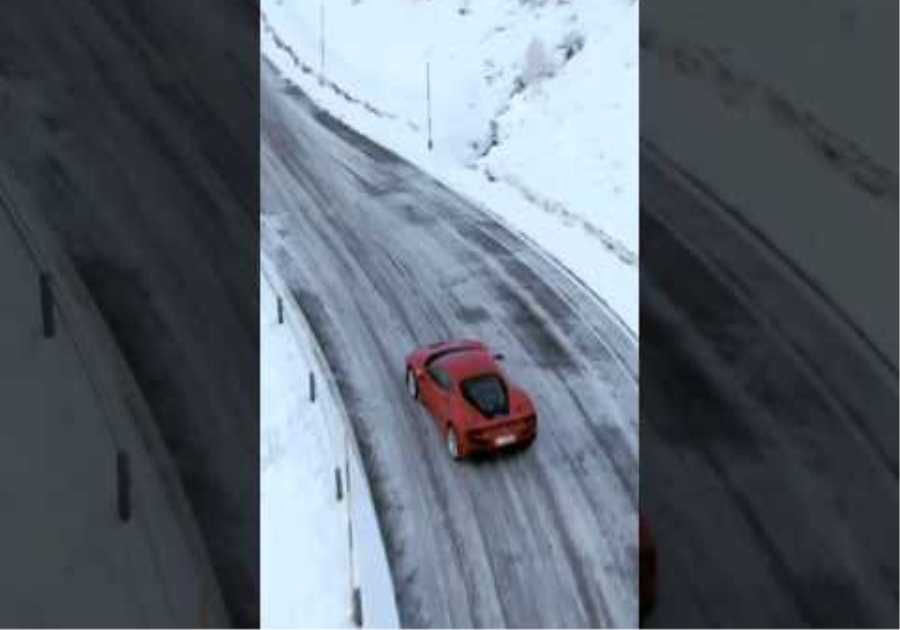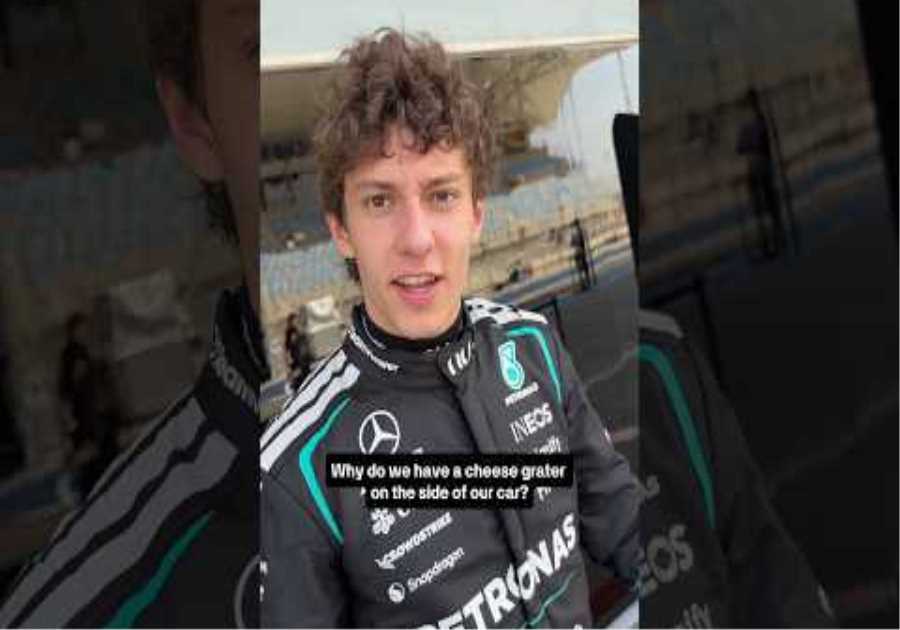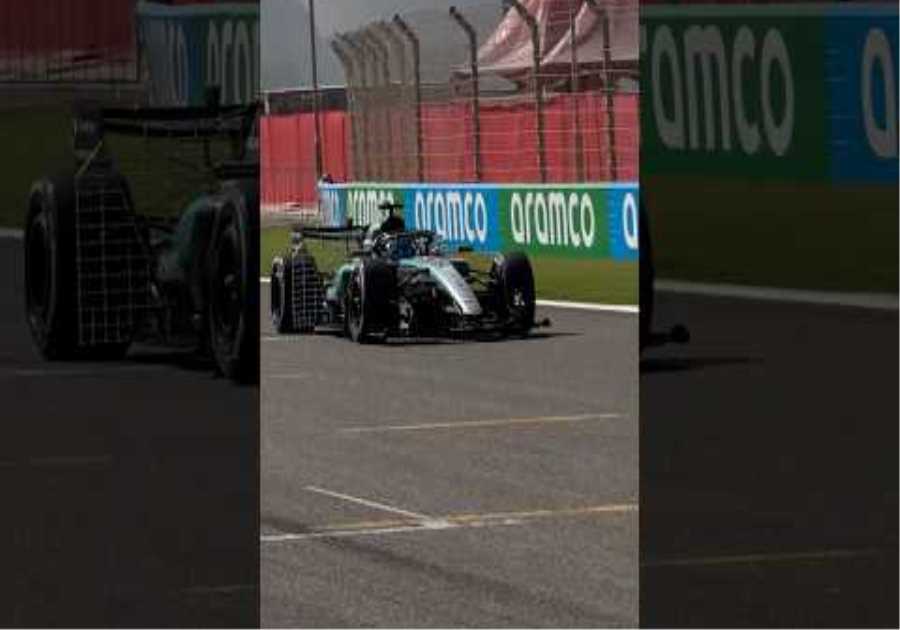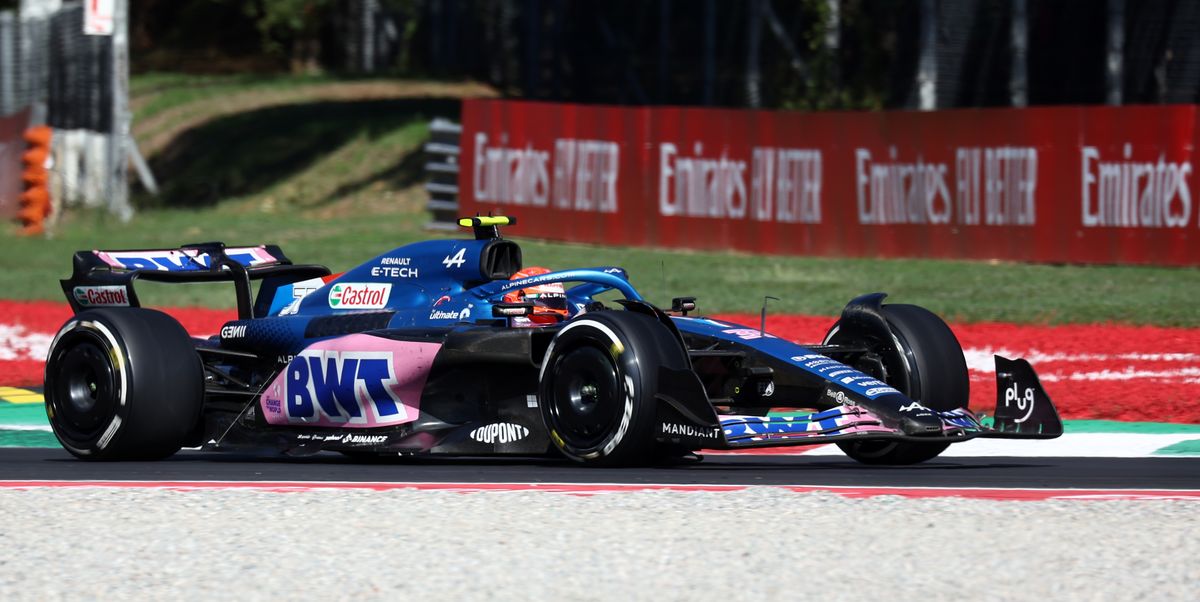
Marco CanonieroGetty Images
Ferrari F1 team principal Mattia Binotto is asking Formula 1 to consider a change to the sport’s penalties for using more than three power units in a season.
After Monza, where the grid order was once again shaken up by a spate of grid penalties for engine component changes, Alpine driver Esteban Ocon also called for a re-think of the rule that penalizes teams grid penalties for excessive engine element changes.
“Obviously no manufacturer is able to provide engines that can withstand so many races,” Ocon said. “We want too much. There are too many races.”
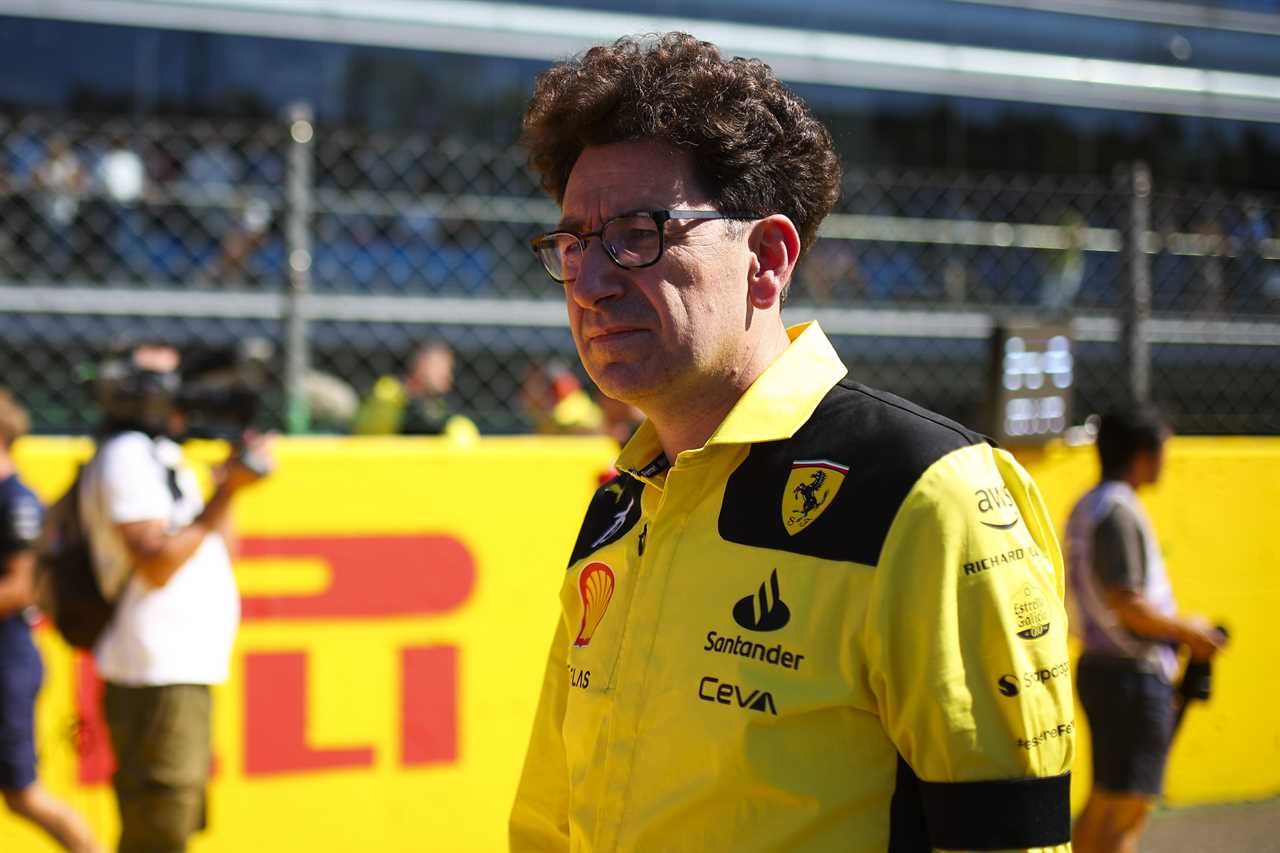
Ferrari’s Mattia Binotto
Eric AlonsoGetty Images
The chaos is likely to be repeated in 2023, with F1 adding yet another race to its already bloated current calendar of 23 Grands Prix.
“I think the rules for next season need to be revised to slightly increase the number of power unit elements that we can use,” said Ocon.
Ferrari boss Binotto agrees, declaring that the delay between the end of qualifying and the declaration of the official starting order was also far too long in Monza. That what happens when several teams are in violation of engine swap rules.
“It took that long because there are different interpretations and the regulation is not clear enough,” Binotto said. “That’s something we need to address certainly for the future. I think not only how we decide the grid position based on the penalties, but the amount of penalties we’ve got is too many as well.”
Binotto agrees with Ocon that expanding the component allocation per driver would help.
“Maybe the three PUs (power units) per driver is too little for what we have achieved,” Binotto said. “Maybe it needs to be reconsidered for the next seasons.”
Mercedes boss Toto Wolff, however, said it’s unrealistic to try to improve the situation simply by dropping the grid penalty rule altogether.
“If there were no grid penalties, we would have qualifying engines and not just five but 20,” Wolff is quoted by Italy’s Autosprint. “The big teams would spend at will to have an advantage and so we need a factor to avoid that. That’s why we have the penalties. Certainly they have become too complex, but we have to bear in mind that whatever freedom is granted, we will take it and use it in an even more strategic way.
“If the penalty is only five or even 10 positions, we would still break an engine for the race because we would have a three-tenths (of a second per lap) advantage. So there needs to be some deterrent.”

